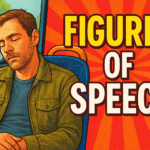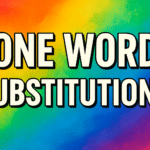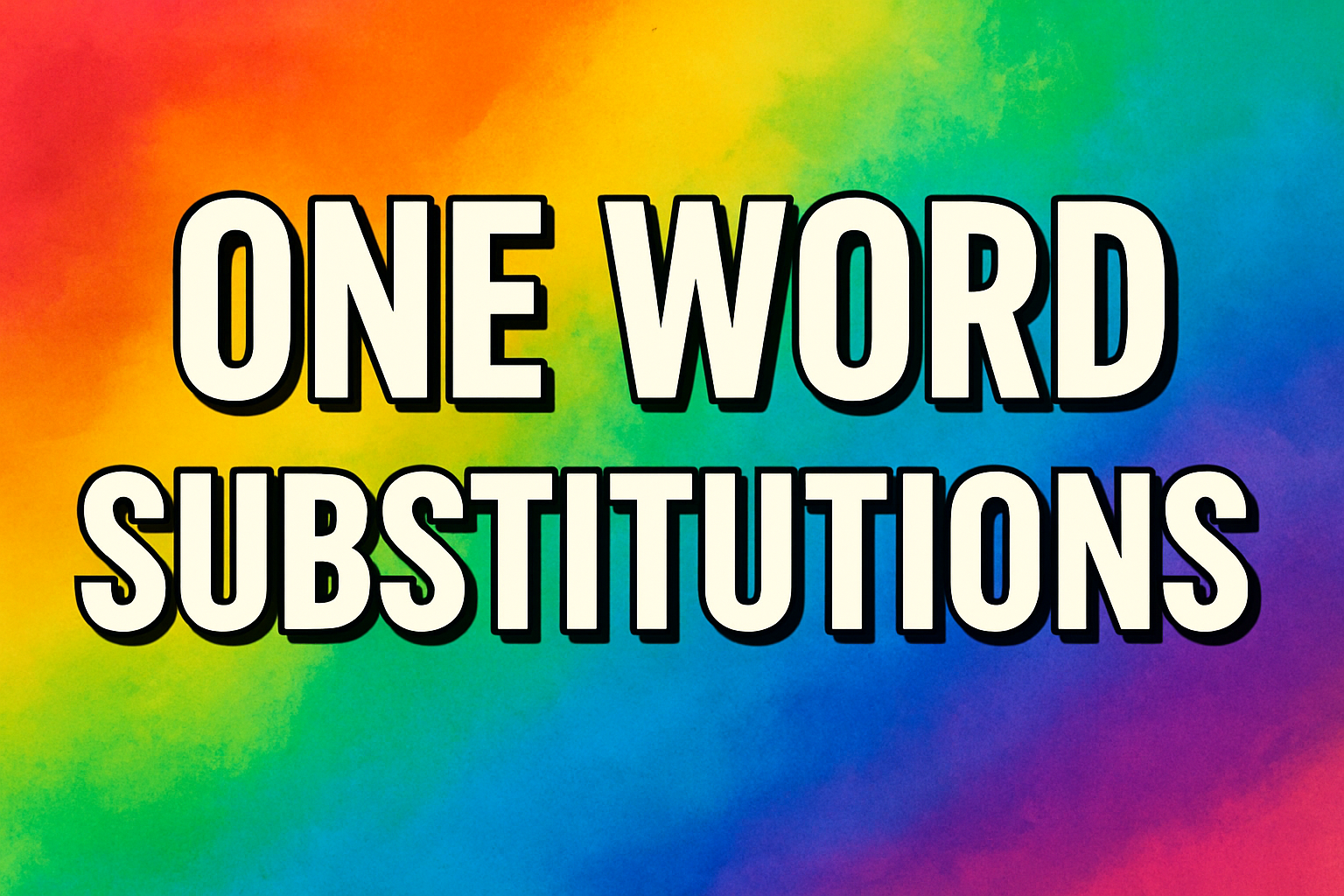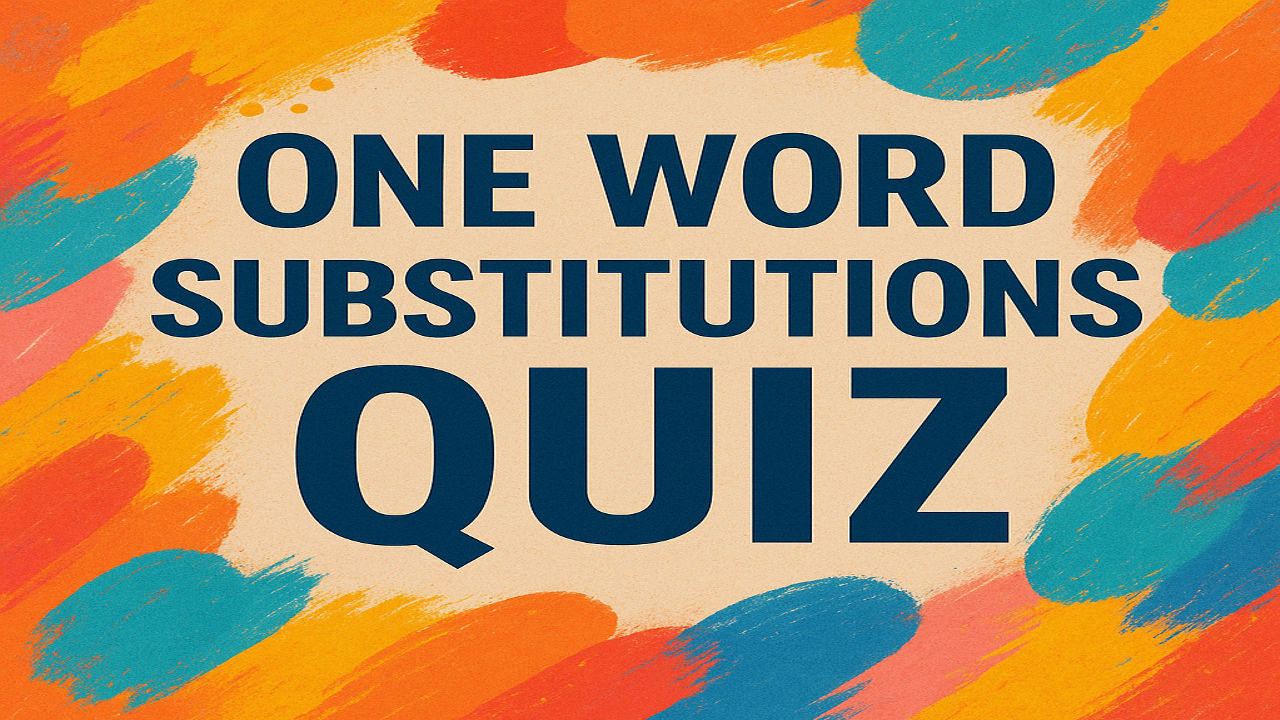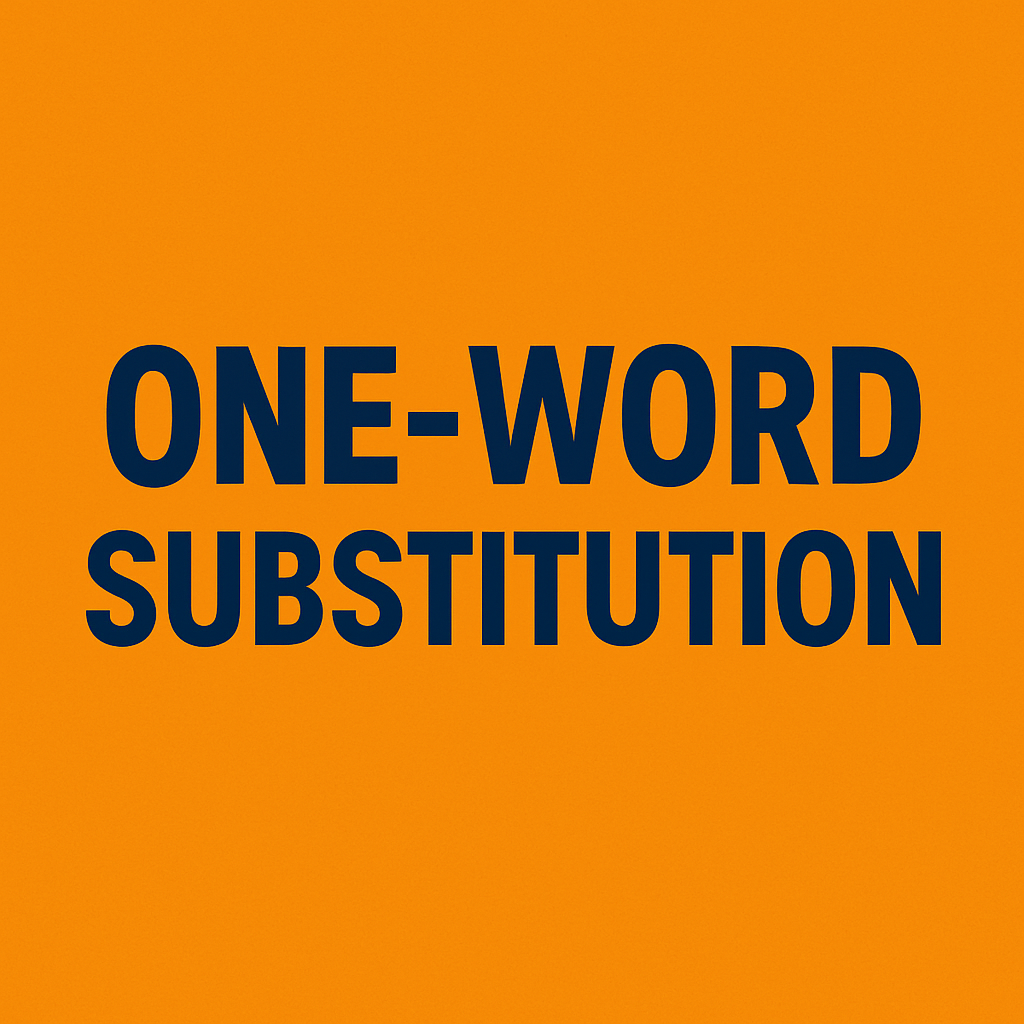What Are One-Word Substitutions? A Friendly Dive into Language
Imagine you’re trying to describe someone who’s super chatty, always filling the room with words. You could say, “She’s a person who talks a lot,” but that’s a mouthful. Instead, you could just say, “She’s talkative.” Boom—one word, same meaning, way snappier. That’s the magic of a one-word substitution. It’s a single word that captures the essence of a longer phrase or idea, making your speech or writing sharper, cleaner, and sometimes even more elegant.
One-word substitutions are like shortcuts in language. They’re especially popular in English, where we love packing big ideas into small packages. Think of them as the verbal equivalent of a perfectly packed suitcase—everything you need, no extra fluff. They’re used in everyday conversations, formal writing, exams (like IELTS or TOEFL), and even creative storytelling to make your point without dragging it out.
Why Do They Matter?
Using one-word substitutions does a few cool things:
- Saves Time: Instead of saying “a person who loves books,” you say bibliophile. Done.
- Sounds Polished: They make you sound like you’ve got a killer vocabulary. Compare “She’s very determined” to “She’s tenacious.” The second one just hits harder.
- Clarifies Ideas: They cut through wordy explanations, making your message clear and punchy.
- Boosts Creativity: Writers and speakers use them to add flair or avoid repetition. Why say “someone who’s afraid of water” when hydrophobic sounds so slick?
Where Do You See Them?
You’ll spot one-word substitutions everywhere—books, speeches, even casual chats. They’re a favorite in competitive exams or language tests because they show you can express complex ideas concisely. For example, in a job interview, describing yourself as resilient instead of “someone who bounces back from tough times” sounds professional and confident.
A Few Examples to Bring It to Life
Let’s make this real with some examples:
- Verbose: Instead of “a person who uses too many words,” call them verbose. Example: His verbose email could’ve been a one-sentence text.
- Euphoria: Swap “a state of extreme happiness” for euphoria. Example: Winning the championship filled her with euphoria.
- Cacophony: Ditch “a harsh, unpleasant mixture of sounds” for cacophony. Example: The cacophony of honking cars ruined the quiet morning.
These words aren’t just fancy—they’re precise. They paint a picture without needing a whole paragraph.
How to Use Them Like a Pro
Want to sprinkle these into your own writing or speech? Here’s the trick:
- Context is Key: Use them where they fit naturally. Calling your friend garrulous (talkative) might sound weird at a casual coffee chat but works great in a story or essay.
- Don’t Overdo It: Throwing in too many can make you sound like you swallowed a thesaurus. Balance is everything.
- Learn Gradually: Start with a few, like frugal (economical) or ** candid** (honest), and practice using them in sentences. Soon, they’ll roll off your tongue.
Few Examples
- Aloof Description: Aloof describes someone who appears emotionally or physically distant, often coming across as detached or uninterested in engaging with others. It can imply a sense of superiority or simply shyness, depending on the context. The word paints a picture of someone standing apart, either by choice or circumstance, creating a barrier between themselves and others. Example: At the family reunion, Mark stayed aloof, scrolling on his phone while others laughed and shared stories. Additional Example: The new teacher’s aloof demeanor made students hesitant to ask questions, though she was kind once approached.
- Candid Description: Candid refers to being open, honest, and straightforward, often in a way that feels refreshing or unfiltered. It’s not about being blunt to the point of rudeness but rather sharing thoughts sincerely, even if they’re uncomfortable. A candid person doesn’t sugarcoat but still considers the listener’s feelings. Example: During the meeting, her candid opinion about the project’s flaws sparked a productive discussion. Additional Example: I appreciated his candid apology—it felt genuine, not rehearsed.
- Eloquent Description: Eloquent describes speech or writing that flows beautifully, is persuasive, and often leaves a lasting impression. It’s not just about using big words but crafting ideas in a way that’s clear, moving, and engaging. Think of a speaker who holds a room spellbound or a writer whose words linger in your mind. Example: Her eloquent eulogy brought tears to everyone at the memorial. Additional Example: The poet’s eloquent verses about love made even cynics feel romantic.
- Frugal Description: Frugal means being careful with resources, especially money, prioritizing savings over extravagance. It’s not about being cheap but about valuing efficiency and avoiding waste. A frugal person might still enjoy life but does so thoughtfully, finding joy in simplicity. Example: Living frugally, she cooked meals at home and shopped secondhand to save for her dream vacation. Additional Example: His frugal habits, like biking to work, helped him pay off his student loans early.
- Gullible Description: Gullible describes someone who trusts too easily, often falling for tricks or believing things without questioning. It carries a slight tone of naivety, suggesting a lack of skepticism that can lead to being fooled. While it’s not inherently negative, it often implies vulnerability. Example: The gullible tourist handed over cash to a scammer promising “exclusive” museum tickets. Additional Example: She was so gullible as a kid, believing her brother’s tale about monsters in the attic.
- Lethargic Description: Lethargic captures a state of sluggishness or low energy, where someone feels physically or mentally drained. It’s more than just being tired—it’s a heavy, unmotivated feeling, like wading through molasses. It can stem from exhaustion, boredom, or even a lack of purpose. Example: After a long week, he felt so lethargic that even getting off the couch seemed impossible. Additional Example: The hot summer day left the team lethargic, barely contributing to the group project.
- Nostalgic Description: Nostalgic describes a bittersweet longing for the past, often triggered by memories of happier or simpler times. It’s a warm but sometimes melancholic feeling, as you yearn for moments that can’t be relived. Nostalgia often ties to personal experiences, like childhood or old friendships. Example: Flipping through her old photo album, she felt nostalgic for summer camp days. Additional Example: The smell of fresh cookies made him nostalgic for his grandma’s kitchen.
- Pensive Description: Pensive refers to being lost in deep, reflective thought, often with a tinge of sadness or seriousness. It’s not just daydreaming but a focused, introspective state where someone is wrestling with emotions or big questions. A pensive person might seem quiet or withdrawn. Example: She sat pensive by the lake, thinking about her next career move. Additional Example: His pensive mood after the argument showed he was still processing the harsh words.
- Resilient Description: Resilient describes the ability to bounce back from adversity, whether it’s emotional, physical, or mental challenges. It’s about strength and adaptability, like a tree bending in a storm but not breaking. Resilient people don’t just survive—they grow through hardship. Example: Despite losing her job, she was resilient, quickly learning new skills to start her own business. Additional Example: The community was resilient, rebuilding their homes after the flood with determination.
- Zealous Description: Zealous describes intense enthusiasm or passion for a cause, goal, or activity. It’s more than just excitement—it’s a fiery dedication that can sometimes border on obsession. A zealous person pours their heart into what they believe in, often inspiring others. Example: The zealous volunteer worked tirelessly to organize the charity event. Additional Example: His zealous support for the team led him to paint his face and cheer at every match.
- Aloof – Distant or reserved in manner. Example: She stayed aloof at the party, sipping her drink in the corner.
- Candid – Honest and straightforward. Example: His candid feedback helped me improve my presentation.
- Eloquent – Fluent and persuasive in speech or writing. Example: The politician’s eloquent speech won over the crowd.
- Frugal – Careful with money; economical. Example: Living a frugal lifestyle, she saved enough for a world trip.
- Gullible – Easily deceived or tricked. Example: He was so gullible, he believed the fake lottery email.
- Hapless – Unfortunate or unlucky. Example: The hapless traveler lost his luggage on the first day.
- Inevitable – Certain to happen; unavoidable. Example: Rain was inevitable, so we canceled the picnic.
- Jovial – Cheerful and friendly. Example: His jovial nature made everyone feel welcome.
- Lethargic – Sluggish or lacking energy. Example: After the heavy meal, I felt lethargic and napped.
- Mundane – Ordinary or boring. Example: Her mundane routine involved coffee and paperwork daily.
- Nostalgic – Longing for the past. Example: Old songs made her nostalgic for her childhood.
- Obsolete – Outdated or no longer used. Example: Floppy disks are now obsolete in modern computing.
- Pensive – Deep in thought, often with sadness. Example: He sat pensive, staring out the window after the news.
- Quaint – Charmingly old-fashioned. Example: The quaint village had cobblestone streets and tiny shops.
- Resilient – Able to recover quickly from difficulties. Example: Despite the setback, she was resilient and bounced back.
- Skeptical – Doubtful or questioning. Example: I’m skeptical about claims of overnight success.
- Tenacious – Persistent or determined. Example: Her tenacious effort landed her the dream job.
- Vivid – Bright, clear, or intense. Example: The artist used vivid colors to bring the painting to life.
- Wary – Cautious or suspicious. Example: She was wary of strangers offering free gifts.
- Zealous – Passionate or enthusiastic. Example: The zealous fan cheered loudly at every game.

